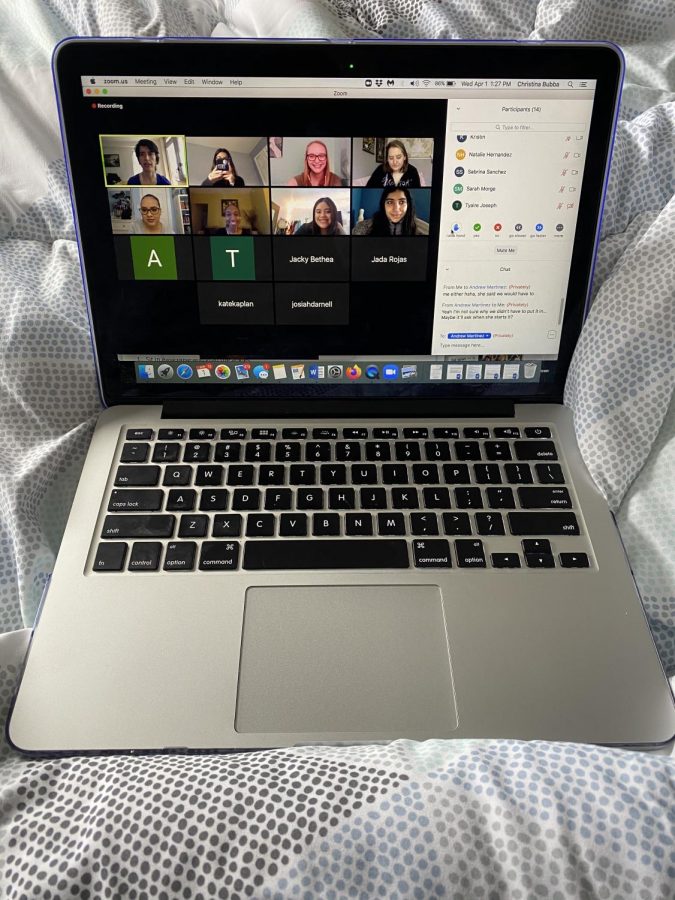Zoom hackers yelling profanity during virtual courses
At least two instances of ZoomBombing have been reported at Pace
There have been reports of academic zoom classes being hacked by outsiders despite password protection.
There have been multiple reports of Zoom sessions being hacked while classes are in progress.
Assistant Professor of History, Michelle Chase, describes the experience she had when her World History After 1650 class was broken into on Tuesday, March 31.
“It was our first “real” Zoom class… [and] about 10 minutes into our meeting, suddenly unfamiliar people started popping up into the Zoom meeting and screaming things, which were hard to understand because there were so many of them,” Chase said. “Also, someone started painting with pink highlighter all over my screen, which I was sharing with the students.”
As of March 26, professors are required by Pace to provide a password for their Zoom courses. According to an email sent to faculty and staff, this precaution was supposed to prevent unwanted guests from entering during class time.
However, Chase reported that her meeting was password protected and that she set up the link a few days prior to her class. After her class was disrupted, Chase ended the meeting, shut down her computer and posted a new link for her students. No similar interruptions were made after that.
A student, who was in her class at the time, claimed to have heard two different male voices, between the ages of 17 and 22, enter the class and yell profanity at the professor.
“These kids just randomly came into our Zoom session and said ‘OMG, we got into a college class…” senior Nicholas Cassata said. “Then my teacher shut down the Zoom session.”
According to Paul Dampier, Vice President for Information Technology and Chief Information Officer, Pace closed a contract with Zoom just before the university made the switch to virtual learning.
“We initially set up Zoom with limited user restrictions as we try and balance the academic freedom of use, however we discovered that many users were not passcode protecting their Zoom sessions and as a result we have received two reports of ZoomBombing; the interruption of a Zoom session by an external person,” Dampier said in a report to President Krislov’s operations committee. “We understand there was no inappropriate material displayed through screen sharing.”
In addition to requiring a password, Pace IT restricted the screen-share function to the host of the meeting. Pace is not the only institute facing ZoomBombing related issues.
“It is important to note that we have a corporate license with Zoom that prohibits them using or disclosing any information regarding our use or users of Zoom,” Dampier said.
Zoom is a popular platform being used during the global pandemic and according to Dampier, on March 30, there were 15,367 participants in 1,138 sessions.
More than for classes, Pace used Zoom to host their annual Pace Bound event on March 28 with 160 admitted students and 10 student speakers in attendance.
Your donation supports independent, student-run journalism at Pace University. Support the Pace Chronicle to help cover publishing costs.


